The Motown Movement boys are back in Delft to make their designs. The refurbishment of their 1,000 dollar Detroit house is planned between April and August 2017.
Driven by a hunger for practical experience and societal relevance, Architecture students Bob Hendrikx, Ronen Dan and Dominik Lukkes started the Motown Movement with the goal to transform a run-down house in Detroit into a sustainable home and community centre last February
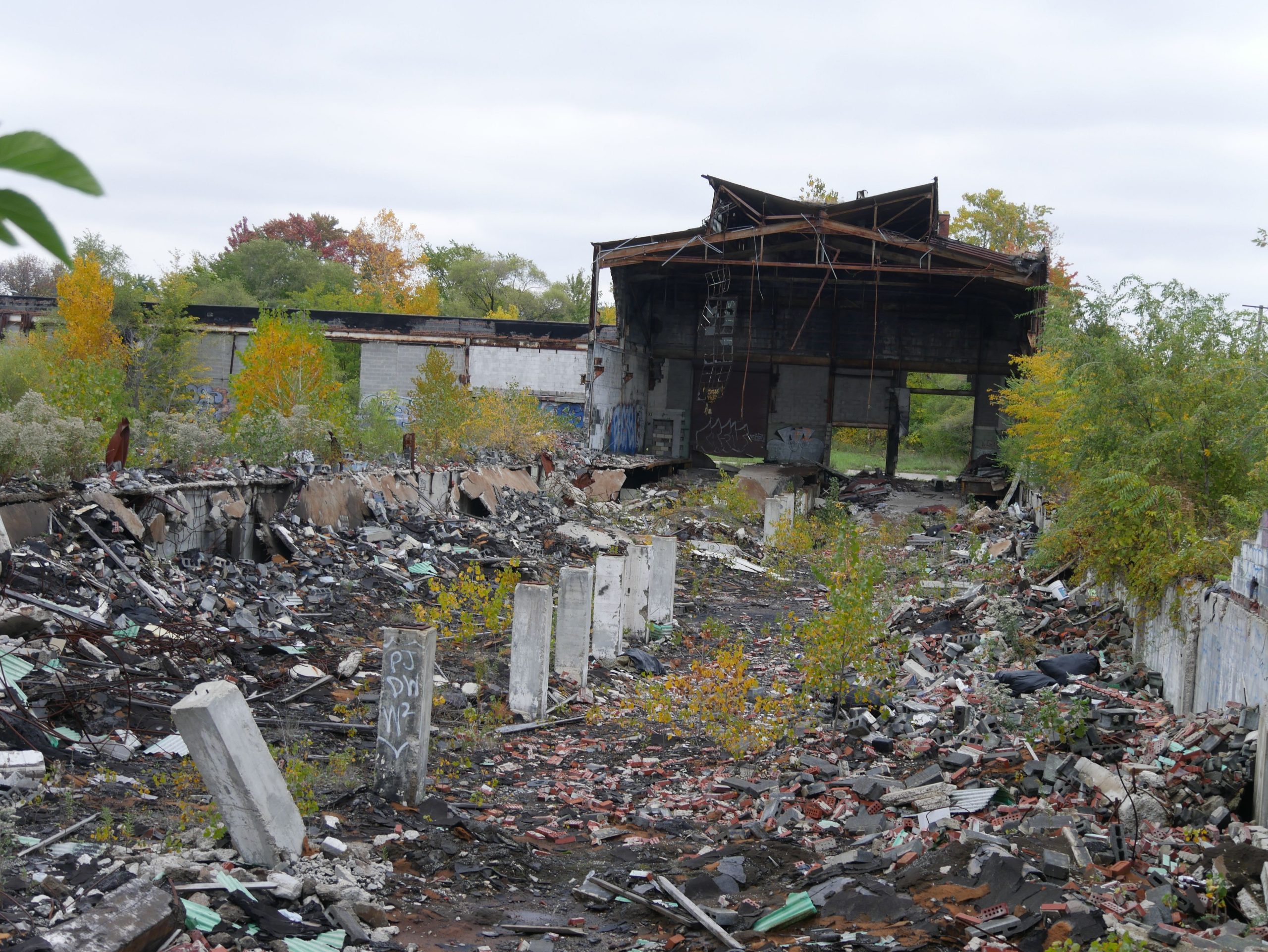
The ruins of the closed-down factories in Detroit make a depressing sight. Nearly half of the population has left and most of those who remain live in poverty. Houses are dirt cheap but they may be burdened with mortgage debts.
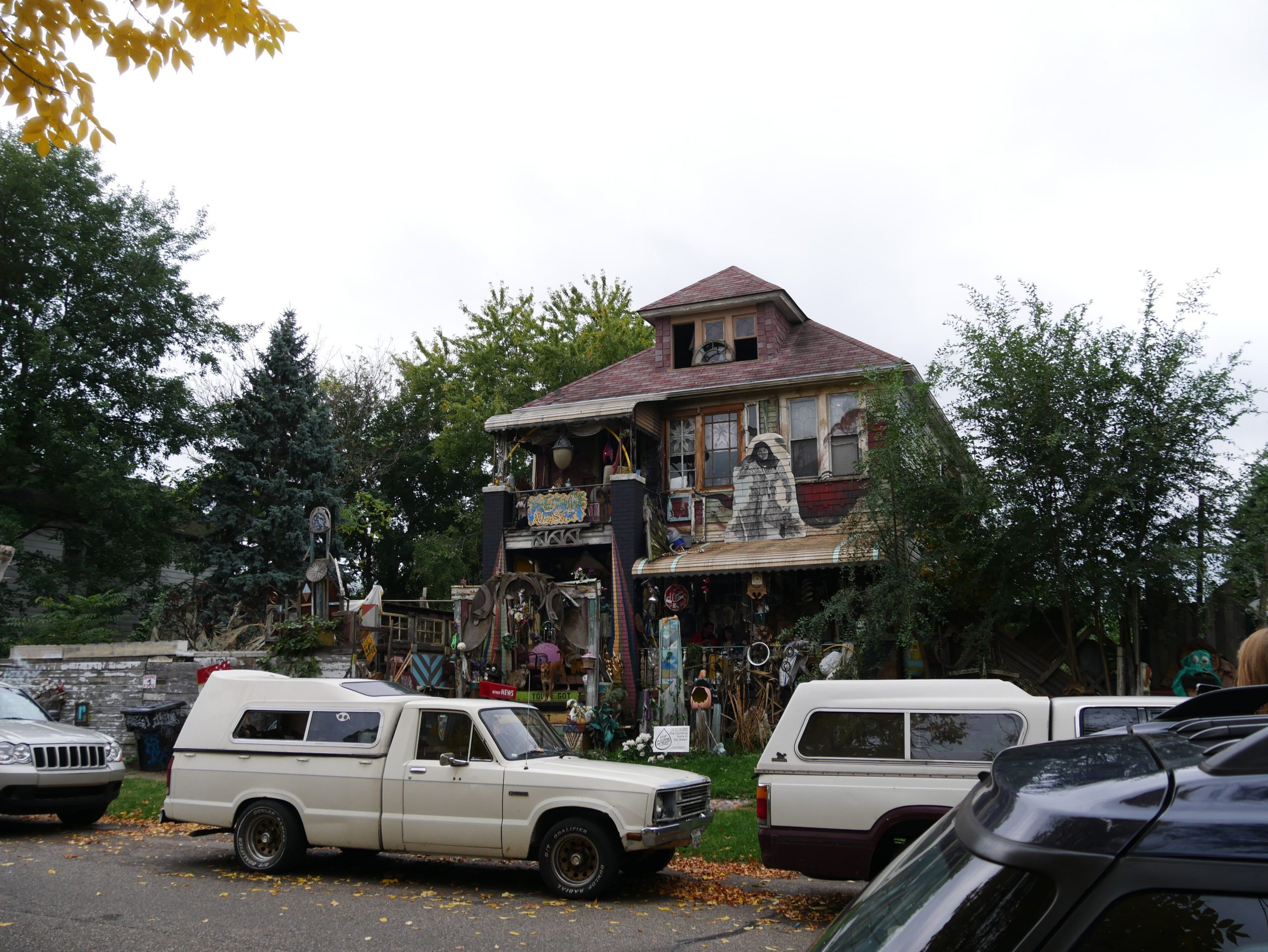
On the bright side, the cheap housing and large freedom due to minimal municipal presence have attracted creative people from the counter culture. Around some houses, creative expositions of junk have sprung up, and colourful paintwork brighten up the facades.
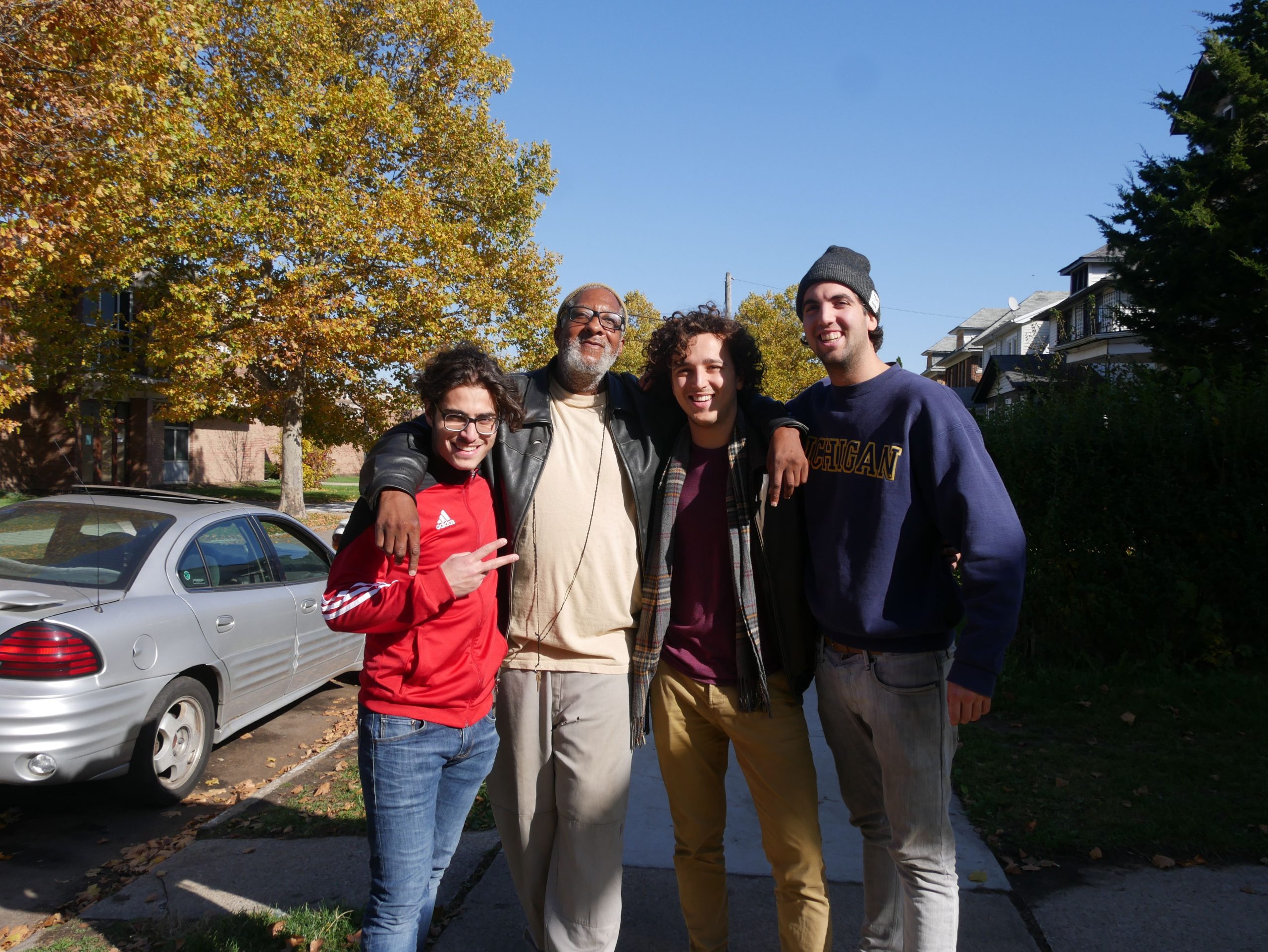
It is this town where the three students try to win confidence from the neighbourhood and money and materials from all kinds of parties to transform their house on Ford Street into an inspiring example of sustainability.
“When you tell people about sustainability, they’ll tell you: Get out!” said Hendrikx. “But if you say you’re going to lower their energy bill, they are starting to get interested.”
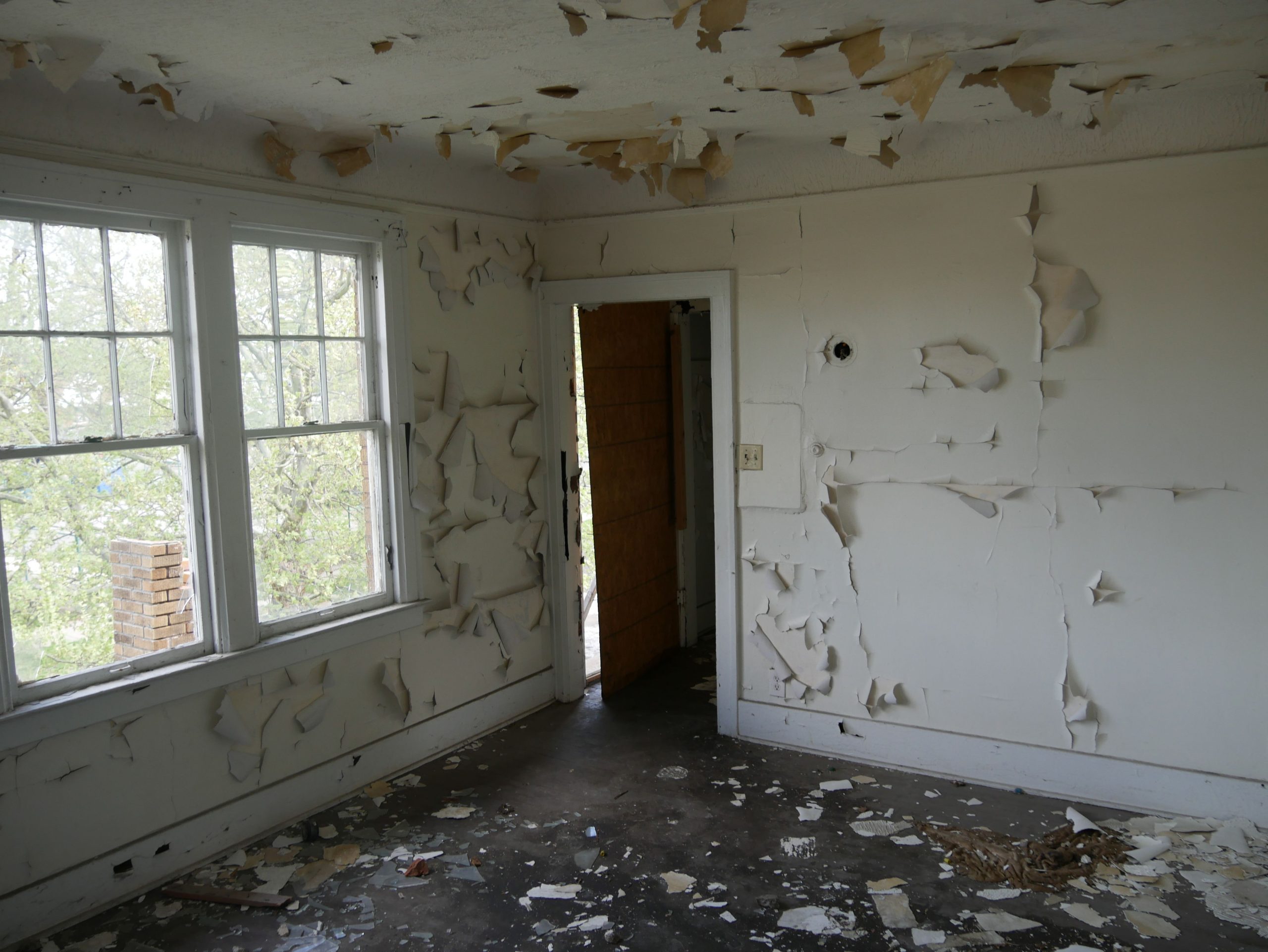
The current situation is that they have collected 80,000 dollars for the project, of which 60,000 is in materials. The house has been cleaned out, measured up and closed down with panels in anticipation of the renovation.
The students are currently back in Holland, working on their designs. They will return to Detroit in February 2017 to prepare for the renovation that will take place between April and July. In September they plan to resume their master’s studies at the Faculty of Architecture.
Some features of the home improvement are solar panels on the roof, together with solar boilers for warm water. The external walls will be insulated from the inside with layers of cellulose material. Water from the roof will be reused in a grey water system and ends up going through a green filter to be re-used in the urban farm next to the house.
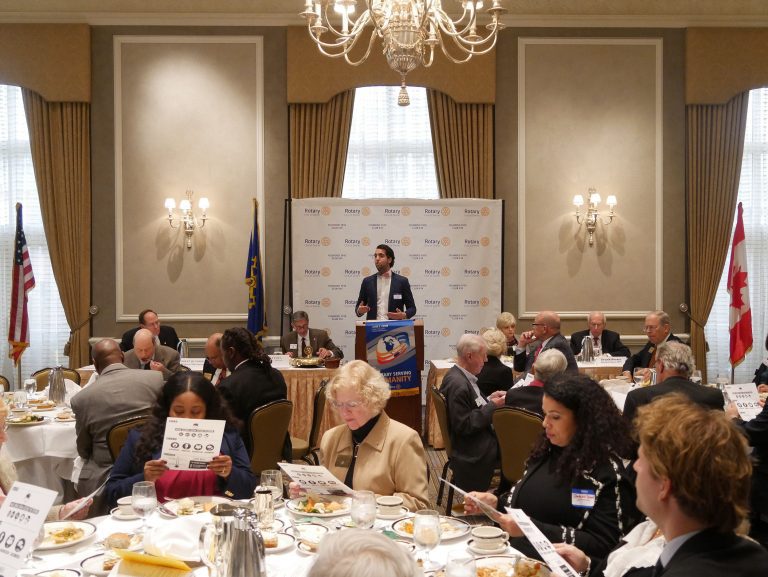
If nothing else, the project has taught them perseverance, social skills and insight into today’s America. They are equally at ease in the church with their all-black neighbours as in the dining hall of the (mainly white) Rotary Club where they present their project to potential investors.
Follow the progress on their Facebook page.


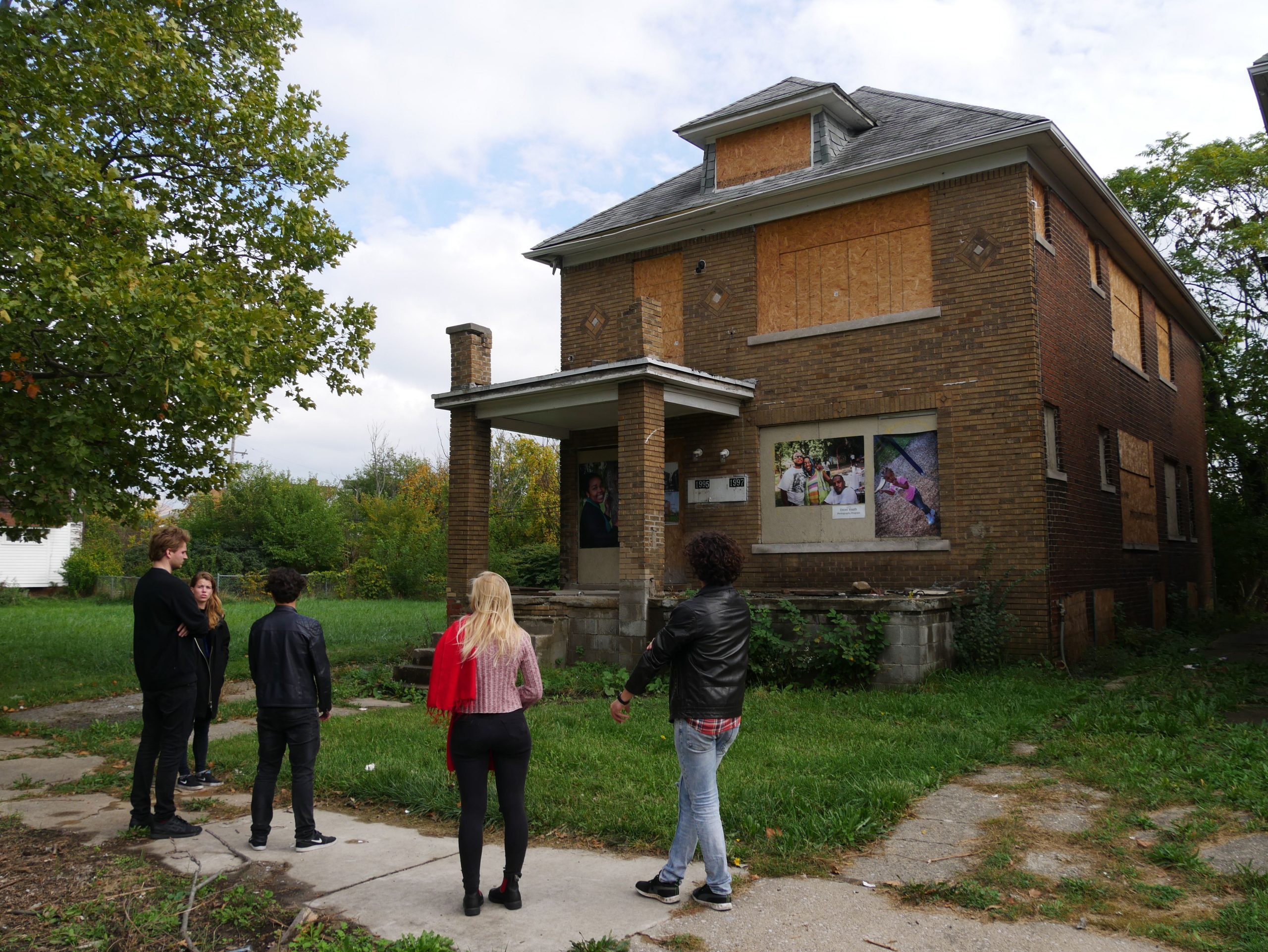
Comments are closed.